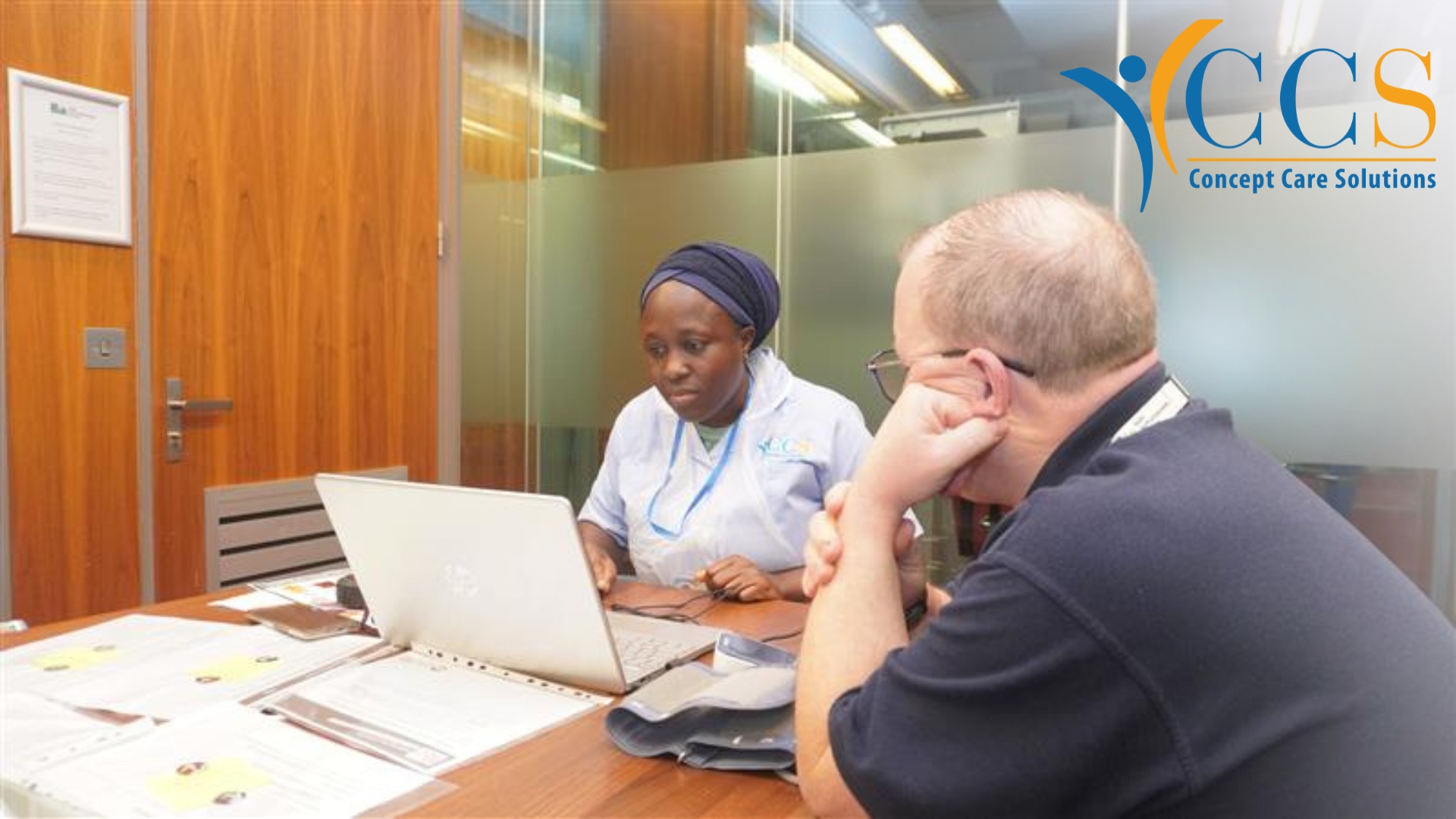Could Skilled Migrants Be the Key to Training Britain’s Workforce?
Former Home Secretary David Blunkett has thrown his support behind a new proposal to let skilled migrants help train British workers, an idea that could reshape how the UK views immigration.
The initiative, introduced by the Good Growth Foundation, suggests creating a “Work and Teach Visa,” a visa route that allows migrants to spend part of their time mentoring UK employees in industries facing labour shortages.
Shifting Public Opinion Through Partnership
According to polling by the foundation, public concern about immigration fell sharply when respondents were told about this visa concept. The idea of skilled migrants training UK workers saw overall unease about immigration drop by almost 20 percentage points.
This shift highlights how linking migration to workforce development could change perceptions presenting immigration as a mutually beneficial partnership rather than a pressure point.
A Pragmatic Plan to Take Back Control
Blunkett described the idea as “a serious, pragmatic plan to take back control in the truest sense, not through slogans or scapegoating, but by giving people real power over their own lives.”
He stressed that concerns about immigration often stem from limited access to opportunities and that investing in skills and training can rebuild public trust and confidence in progress.
Putting Skills at the Heart of Growth
This proposal arrives as the Labor government increases its focus on skills. Prime Minister Keir Starmer recently moved the skills portfolio from Education to the Department for Work and Pensions, emphasising the link between employment and upskilling.
At the same time, Home Secretary Shabana Mahmood announced new visa conditions requiring stronger English skills and community contribution for those seeking long-term residence, part of a wider effort to ensure migration supports the UK’s social and economic fabric.
Why This Matters — Especially for Care and Health Sectors
For sectors like healthcare, social care, and education, the “work and teach” approach could be transformative.
Skilled international professionals already make up a large part of the workforce but structured mentoring could:
-
Strengthen the skills pipeline for UK workers,
-
Support sustainable recruitment, and
-
Improve public perception of overseas workers.
Imagine experienced nurses, carers, or technicians sharing their knowledge directly with local trainees, a partnership that benefits both sides.



